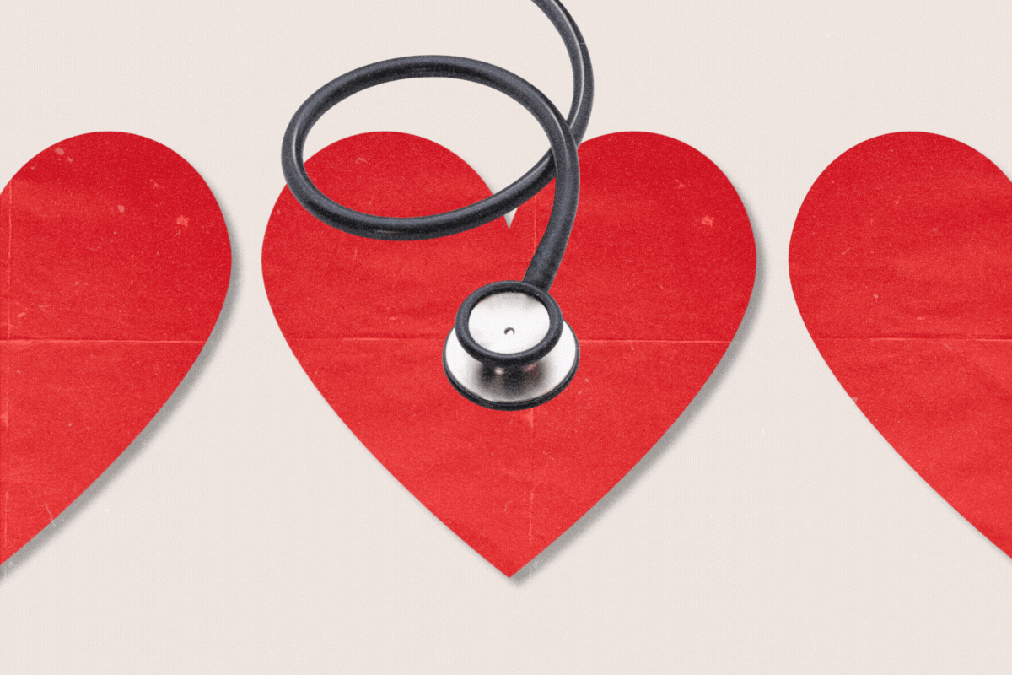By Lauryn Higgins
Copyright time

Medication adherence, cardiac rehab after heart attacks or strokes, and vaccinations to prevent infections that stress the heart are all critical. This is also the time to recognize silent disease, Naidu says.
“Heart valve problems often start quietly,” he says. “Stay alert, share any changes with your clinician, and work together to decide if an echocardiogram is right for you.”
In your 70s and beyond
By the time you reach your 70s, the heart has been pumping nonstop for more than 2.5 billion beats. Even if you’ve taken excellent care of it, age-related changes become more pronounced in this decade. Some shifts are normal parts of aging, while others reflect accumulated cardiovascular risk.
Pumping efficiency declines, arteries are less flexible, valves often show significant wear, and irregular rhythms are more frequent.
In your 70s and older, heart health becomes as much about quality of life as prevention.



